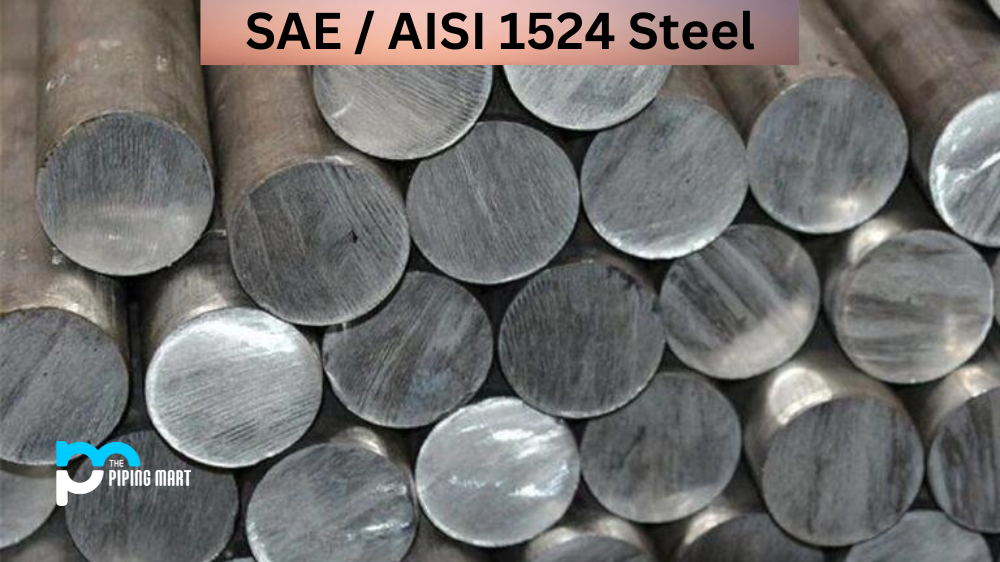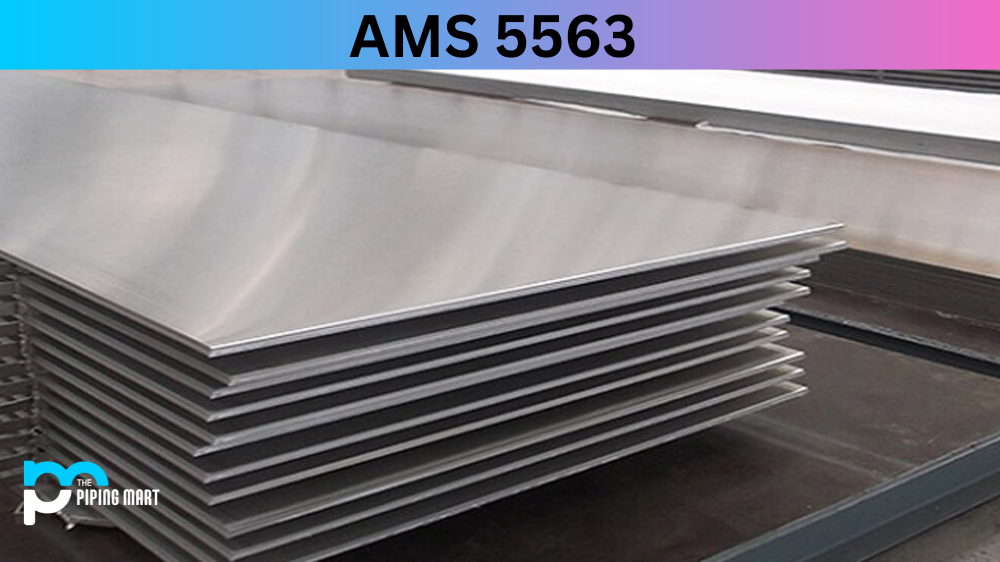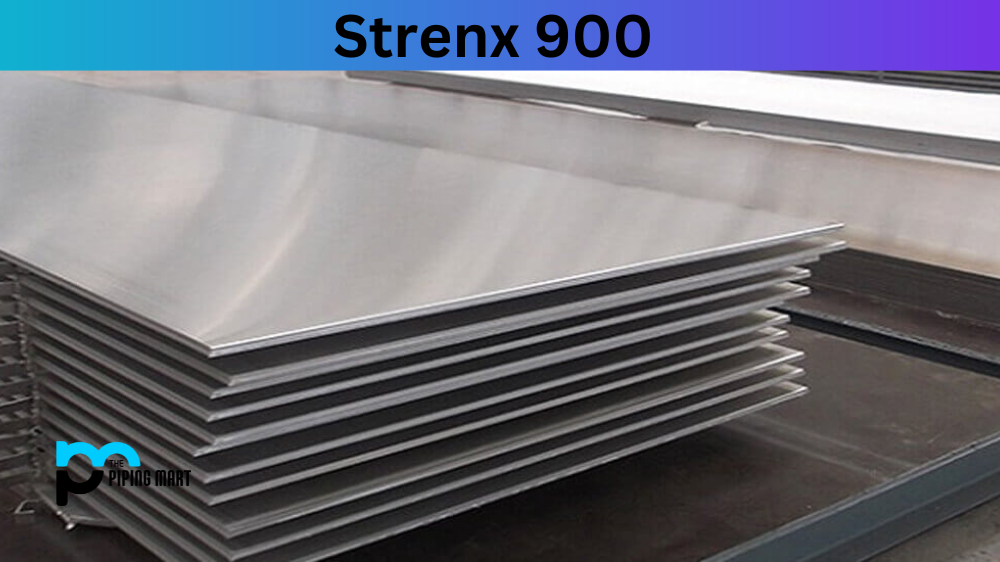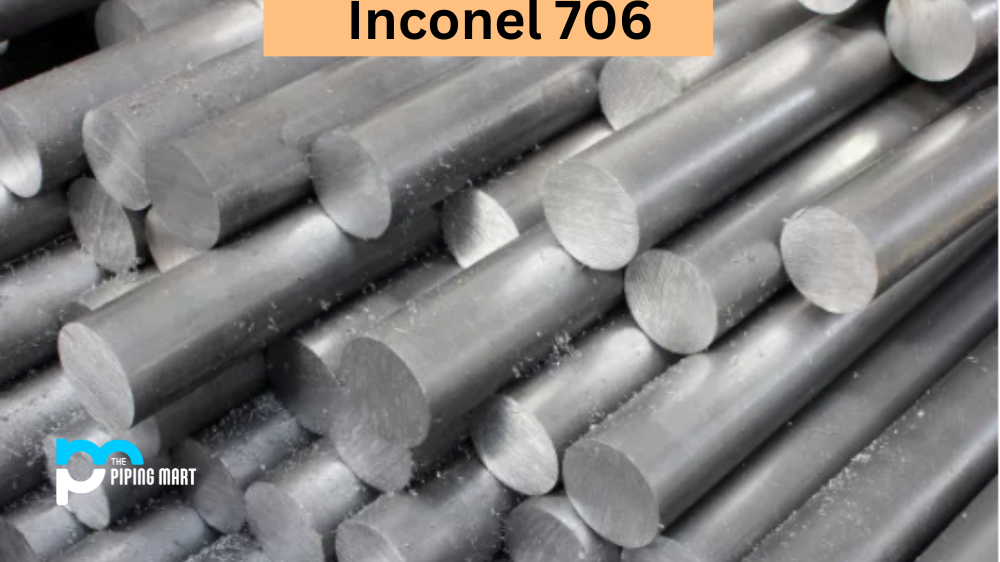SAE 1524 is a low-carbon alloy steel. It has excellent Machinability and good Weldability. This material is typically used in Gears, Shafts, Screws, Bolts, and other Machine parts. Let’s take a closer look at the properties and applications of UNS G15240 steel. SAE/AISI 1524 Steel (UNS G15240) is a low carbon steel that is a popular choice for a variety of applications due to its versatility and affordability. This steel grade contains around 0.22% to 0.28% carbon, making it a malleable and easy-to-form material. The SAE 1524 chemical composition also includes small quantities of elements like manganese and sulfur, contributing to its overall strength and durability. One key advantage of SAE/AISI 1524 Steel is its high machinability, which allows it to be easily shaped and modified to meet specific project requirements. Additionally, it is widely available and can be found in various shapes and sizes. With its impressive combination of strength, machinability, and affordability, it’s no wonder why SAE/AISI 1524 Steel remains a popular choice across different industries.
What Forms of AISI 1524 is Available at Piping Mart?
- Nut
- Bar
- Bolt
- Pipe
- Screw
- Tubing
- Valves
- Washers
- Flanges
- Fasteners
- Electrodes
- Stud Bolts
- Sheet Plates
- Pipe Fittings
- Forged Fitting
- Instrumentation Fittings
AISI 1524 Composition
| Element | Content (%) |
|---|---|
| Iron, Fe | 98.01 – 98.46 |
| Manganese, Mn | 1.35 – 1.65 |
| Carbon, C | 0.22 – 0.28 |
| Sulfur, S | 0.0500 |
| Phosphorous, P | 0.0400 |
AISI 1524 Physical Properties
AISI 1524 steel exhibits a density of approximately 7.85 g/cm³, indicating a balanced weight-to-volume ratio. This characteristic is crucial for understanding its mass properties, contributing to its suitability in various engineering and manufacturing applications where precise knowledge of density is essential for performance and design considerations.
| Properties | Metric | Imperial |
|---|---|---|
| Density | 7.7-8.03 g/cm3 | 0.284 lb/in3 |
AISI 1524 Mechanical Properties
AISI 1524 steel exhibits an elastic modulus of about 190-210 GPa and a Poisson’s ratio of around 0.27-0.30. These mechanical properties underline their balanced characteristics in metric and imperial units, making them suitable for diverse engineering and manufacturing applications requiring strength and resilience.
| Properties | Metric | Imperial |
|---|---|---|
| Elastic modulus | 190-210 GPa | 27557-30458 ksi |
| Poisson’s ratio | 0.27-0.30 | 0.27-0.30 |
AISI 1524 Thermal Properties
The thermal properties of AISI 1524 steel play a crucial role in its performance. With a coefficient of thermal expansion providing insight into dimensional changes with temperature and thermal conductivity indicating its ability to transfer heat, these properties are vital for applications where temperature variations impact the material’s behaviour, ensuring optimal performance.
| Properties | Conditions | ||
|---|---|---|---|
| T (ºC) | Treatment | ||
| Thermal expansion | 11.9 (10-6/ºC) | 20-100 | – |
| Thermal conductivity | 46 W/mK | 0 | – |
AISI 1524 Equivalent
- ASTM A29
- ASTM A510
- ASTM A513
- ASTM A519
- ASTM A545
- ASTM A635
- ASTM A830
- SAE J1397
- SAE J403
- SAE J412
AISI 1524 Uses
SAE/AISI 1524 is a unique steel alloy with multiple industrial uses. The alloy is renowned for its excellent resistance to shock and fatigue, making it an ideal option for applications such as propeller shafts in ships and railroad axles. It also possesses good cold-forming properties, allowing it to be used in industries like agricultural equipment and automotive vehicles. For these reasons, UNS G15240 is relied upon regularly for many of the everyday products and services that we enjoy.
AISI 1524 Uses in Industries
- Automotive Industry
- Machinery and Equipment
- Construction
- Agricultural Equipment
- Oil and Gas Industry
AISI 1524 Corrosion Resistance
AISI 1524 steel exhibits moderate corrosion resistance, suitable for applications in mild corrosive environments. While not highly corrosion-resistant, it remains effective in controlled corrosive conditions, requiring proper maintenance to preserve its integrity and ensure prolonged durability.
AISI 1524 Heat Resistance
AISI 1524 steel demonstrates moderate heat resistance, Performing well in applications with moderate temperature variations. It maintains structural integrity and offers reliable performance within various temperatures, making it suitable for diverse Engineering and Manufacturing applications.
AISI 1524 Heat Treatment
AISI 1524 steel undergoes conventional heat treatment processes to achieve desired mechanical properties, including annealing, normalizing, and quenching. Heat treatment refines the microstructure, enhancing the steel’s strength and toughness for various engineering applications and ensuring optimal performance and durability.
AISI 1524 Machining
AISI 1524 steel is known for its excellent machinability, making it easy to work with in machining processes. The steel’s favourable characteristics, such as Good Chip Formation and Tool Life, contribute to efficient and precise Fabrication, ensuring Quality results in various manufacturing applications.
AISI 1524 Welding
AISI 1524 steel is weldable using conventional welding methods. Preheating may be necessary for thicker sections, and post-weld heat treatment can help minimize the risk of cracking. Adequate precautions ensure successful welding processes, making AISI 1524 suitable for various applications requiring welding in manufacturing and construction.
Conclusion
SAE/AISI 1524 steel, designated as UNS G15240, is a versatile material with a well-balanced composition, Notable Mechanical Properties, and Excellent Machinability. Suitable for various engineering applications, its blend of Strength and ease of Fabrication ensures reliable performance, making it a preferred choice in diverse manufacturing scenarios.

A passionate metal industry expert and blogger. With over 5 years of experience in the field, Palak brings a wealth of knowledge and insight to her writing. Whether discussing the latest trends in the metal industry or sharing tips, she is dedicated to helping others succeed in the metal industry.




